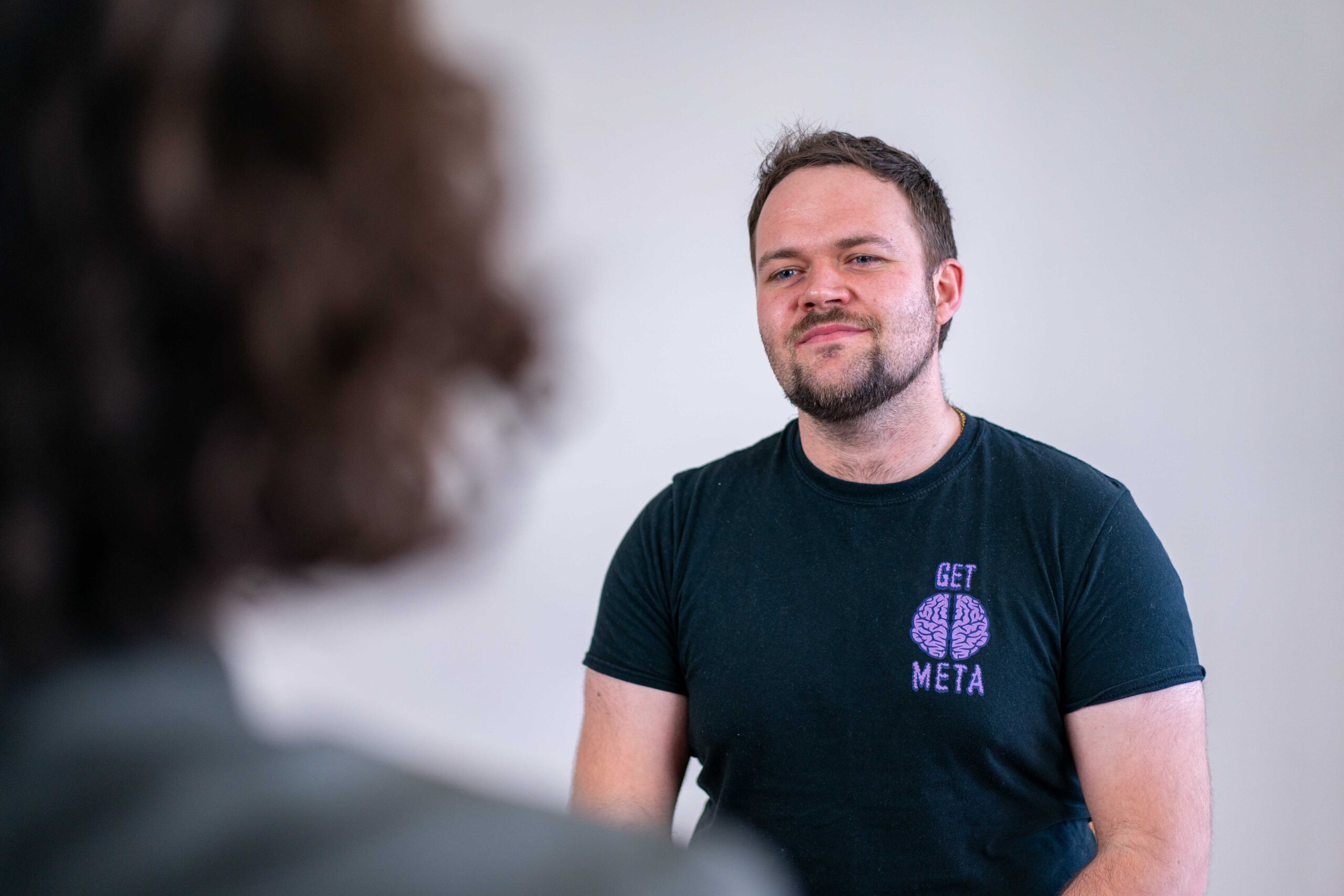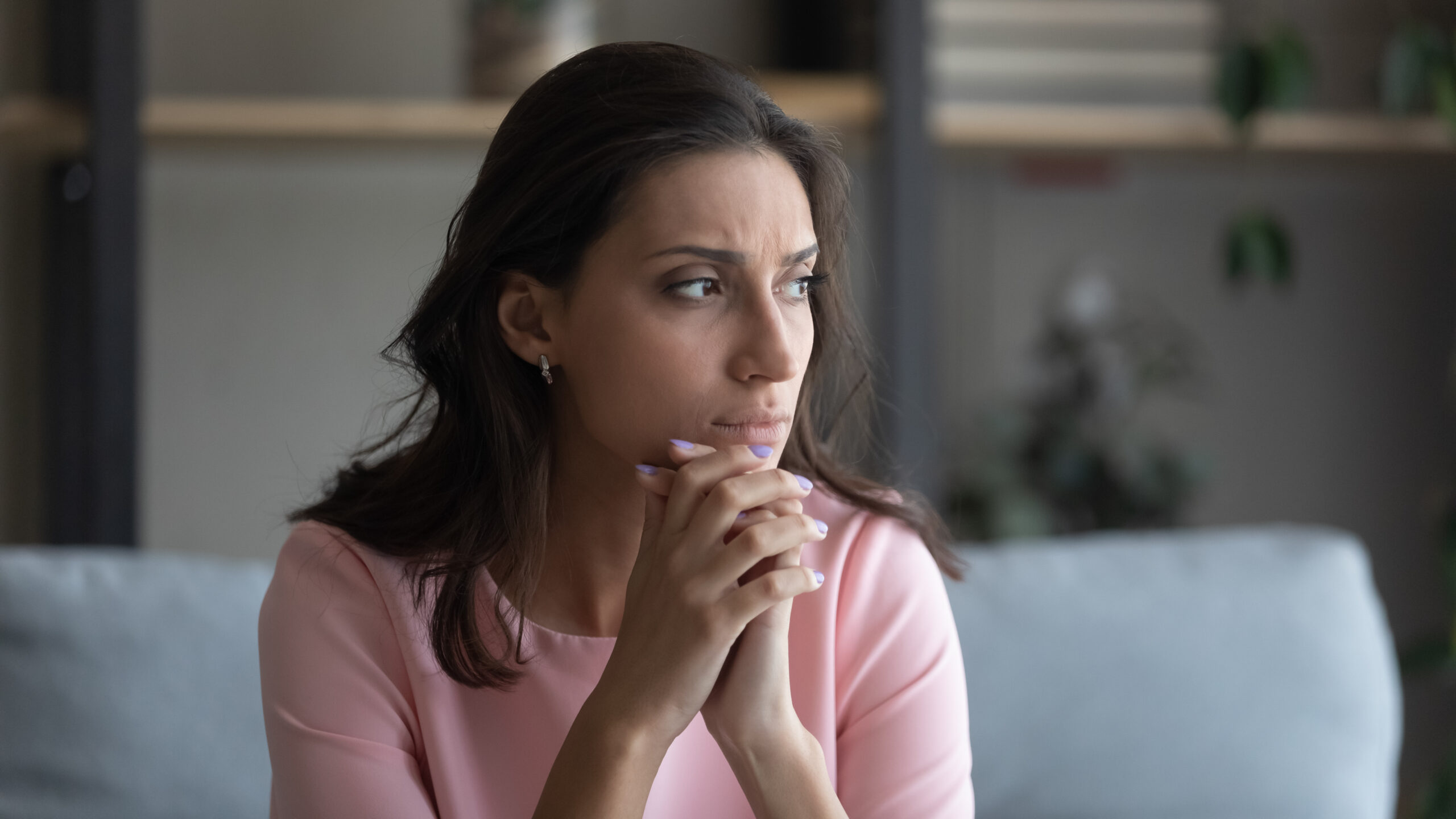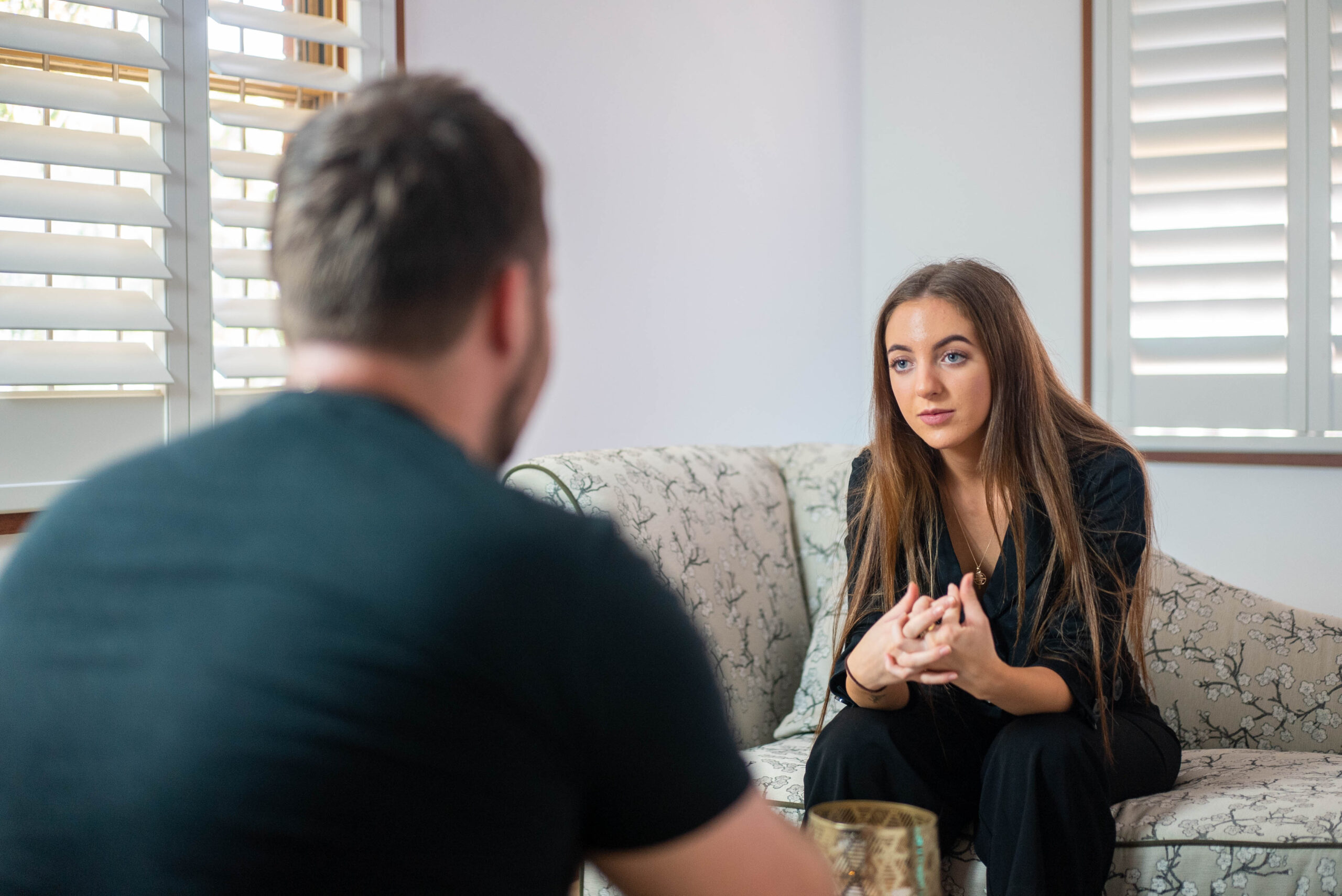One way to help people with their mental, emotional, and behavioural health is through counselling. It is a procedure where people can talk about their ideas, emotions, and worries with a qualified expert in a private and secure setting. This article is a comprehensive guide on counselling 101, providing an overview of what counselling is, how it can benefit individuals, what to expect during the first session and throughout the process, tips on connecting with a counsellor, the importance of being honest and patient, and information on different types of therapies that may be used.
Starting Counselling
- It’s common to experience some trepidation or uncertainty when beginning counselling.
- The purpose of counselling is to offer a comforting, judgment-free environment where you may speak candidly and openly about your experiences.
First Session
- A brief evaluation of your needs and goals will often take place during your first counselling session.
- The counsellor will ask you a number of questions to fully grasp your current condition and your goals for counselling.
- This information will assist the counsellor in creating a treatment plan tailored to your unique needs.
During Therapy
- You will have the chance to talk about your ideas, emotions, and experiences in a private and secure setting.
- The counsellor will assist you in examining your emotions and resolving any problems that might be impairing your well-being.
- A variety of strategies, including cognitive-behavioural therapy, solution-focused therapy, acceptance and commitment therapy, and narrative therapy, may be employed depending on your individual needs.
Length of Therapy
- It is crucial to remember that counselling is a process that requires dedication and patience.
- Depending on the person and their unique demands, a different number of sessions may be necessary.
- The length of therapy will be decided in collaboration with the counsellor.
Benefits of Counselling
- Although the process of counselling can be emotionally taxing and difficult, it can also be quite beneficial.
- With the assistance of a qualified professional, you will start to create new coping mechanisms, gain a deeper comprehension of who you are and your experiences, and eventually enhance your general well-being.
Connecting with your Counsellor
- It’s crucial to keep in mind that your counsellor and you have a trusting and respectful connection.
- A good counsellor will make an environment that is safe and judgment-free for you to express yourself in and won’t pressure you to give more information than you are comfortable doing.
- It’s also crucial to communicate honestly and openly with your counsellor.
Patience and Change
- Change takes time, so practice patience with both the procedure and yourself.
- Although you might not see benefits right away, as you keep going to sessions and resolve your problems, you will start to see improvements in your life.
Conclusion
- Counselling is an effective technique that people can use to enhance their mental, emotional, and behavioural well-being.
- Finding the ideal therapist and the appropriate counselling for you may take some time.
- It’s crucial to speak out and get a new counsellor if you don’t feel comfortable with your current one or the session.

Finally, counselling is an effective technique that people can use to enhance their mental, emotional, and behavioural well-being. People can work through their problems and enhance their general well-being through this safe, encouraging, and confidential procedure. Being honest, upfront and patient throughout the counselling process is essential for gaining the maximum benefit. Keep in mind that transformation takes time, and choosing the correct therapist and therapy is crucial.
Meta Minds Therapy Counselling Services will assist if you’re seeking a counsellor in the Brisbane area. You can also access a FREE 20-minute counselling session with Dan from Meta Minds Therapy to see if this is the right fit for you.



